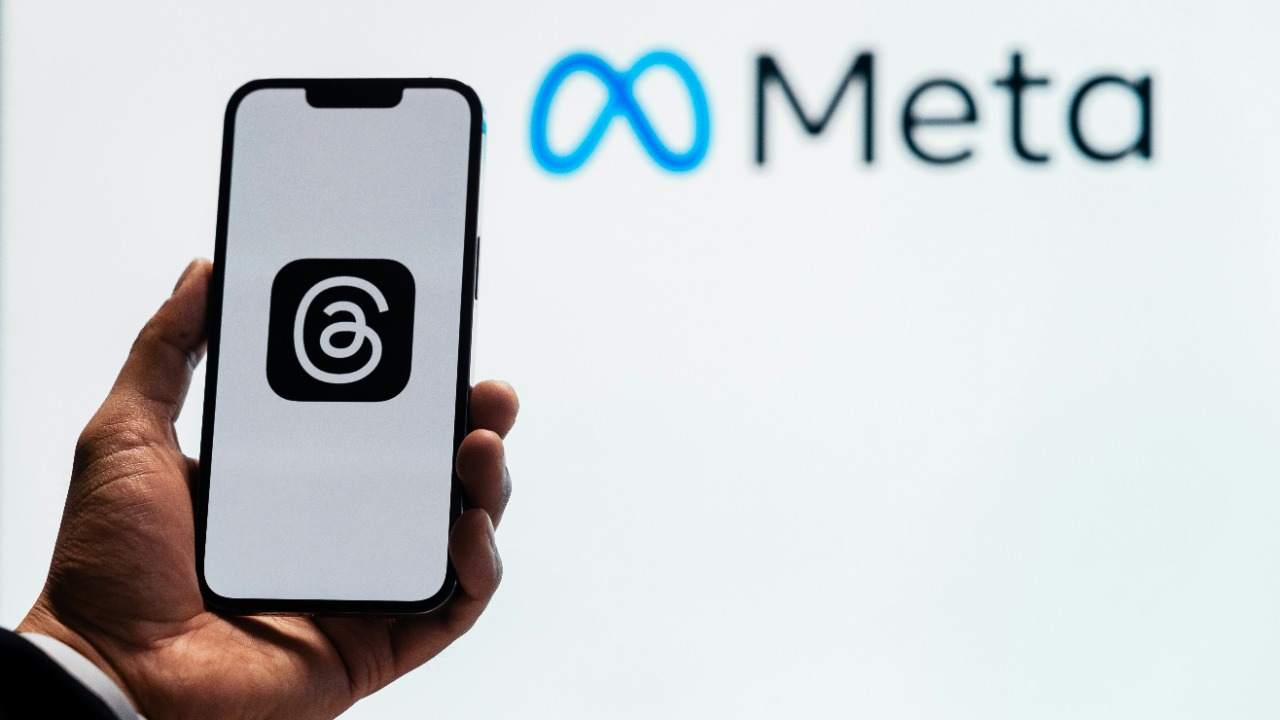
Leaked documents have recently shed light on a troubling discrepancy between Meta’s public commitments and its advertising practices. Despite the company’s promises to clamp down on scam ads, these documents reveal that Meta continues to profit from such content.
Meta’s Historical Promises on Ad Safety
In the past, Meta has made numerous public statements about its commitment to combatting scam ads on its platforms. These promises, often made by high-ranking company executives, have been a recurring theme in the company’s public relations strategy. However, the timeline leading up to the recent 2025 leaks suggests a gap between these commitments and the company’s actual practices. These promises were communicated to users and regulators alike, creating an expectation of safety and integrity in Meta’s advertising ecosystem.
Overview of the Leaked Documents
The leaked documents dated 2025-11-11 paint a concerning picture. They reveal that Meta is still profiting from scam ads, despite its promises to crack down on such content. The nature of these documents, as well as their origins and authenticity, have been verified by TechSpot. Additional leaked files dated 2025-11-12 further expose Meta’s ongoing profits from online fraud, as reported by Dagens.
Mechanisms of Profiting from Scam Ads
The leaked documents provide insight into how Meta’s ad platform allows scam ads to generate revenue. They highlight specific profit-sharing models tied to fraudulent content and discuss internal processes that fail to detect or remove these ads promptly. This evidence suggests a systemic issue within Meta’s ad review systems, which appear to prioritize profit over user safety.
Examples of Persistent Scam Ads on Meta Platforms
The leaked documents also provide instances of ongoing scam ads on Facebook and Instagram as of 2025. These include various types of fraud, such as fake investment schemes, which have been allowed to persist on Meta’s platforms. The scale of profits revealed in the files suggests a significant impact on users, many of whom have fallen victim to these scams.
Internal Challenges and Oversight Failures
Meta’s ad review systems, as revealed by the leaks, seem to permit scam content to slip through the cracks. Whistleblower insights and document excerpts from the 2025-11-12 files suggest a prioritization of profit over safety. These leaks also highlight resource allocation issues within Meta’s moderation teams, which may contribute to the persistence of scam ads on the platform.
Broader Implications for Users and Regulators
The financial losses to users from scams enabled by Meta’s ads are significant, as suggested by the profit figures in the leaks. These revelations could prompt regulatory responses, and there may be potential lawsuits or investigations stemming from these disclosures. The impact of these scams extends beyond individual users, affecting trust in online advertising and potentially leading to stricter regulations for tech companies.
Meta’s Response and Future Commitments
In response to the 2025 leaked documents, Meta has issued official statements and proposed changes to its ad policies. However, given the historical pattern of unfulfilled promises, the credibility of these new commitments is questionable. It remains to be seen whether Meta will follow through on its promises and take effective action against scam ads on its platforms.
More from MorningOverview